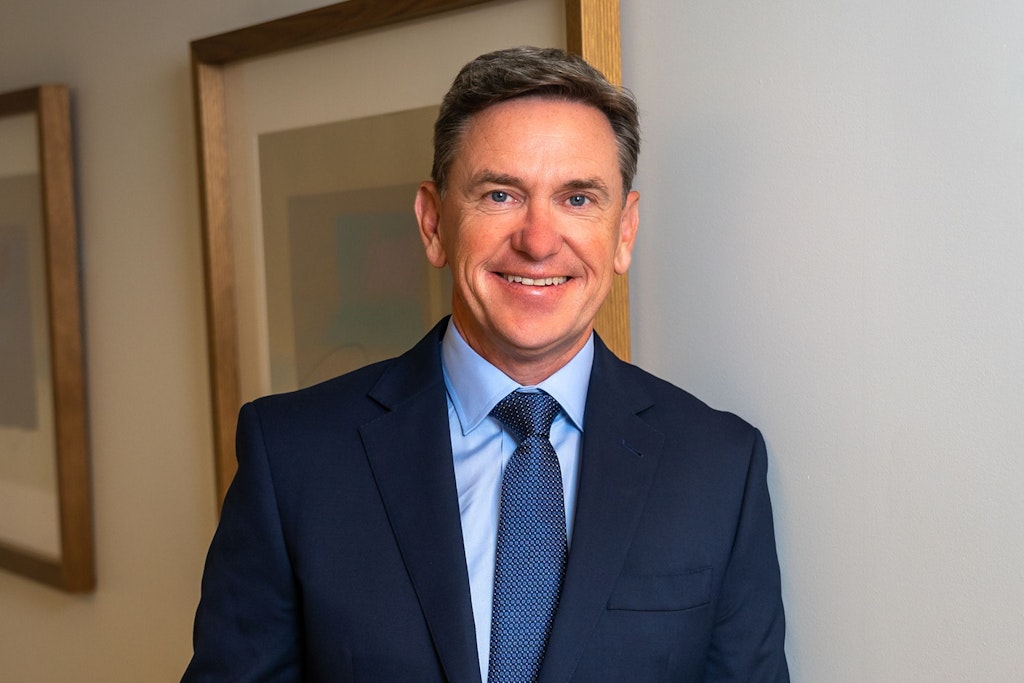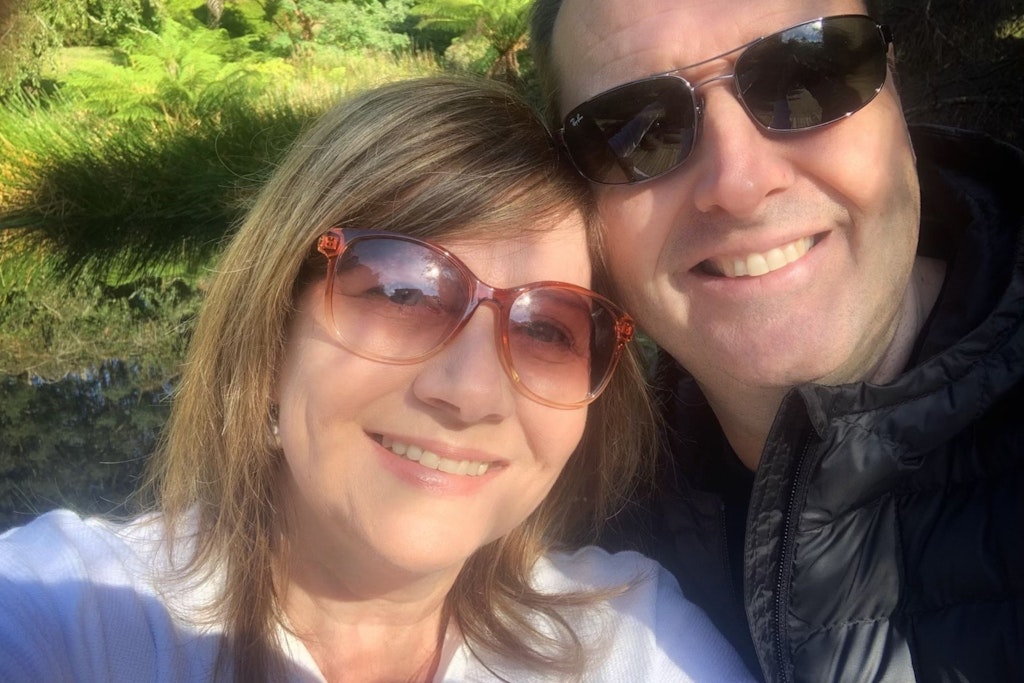Fears of vital funding cuts in Victoria State Budget

Aged and disability services organisation Villa Maria Catholic Homes (VMCH) supports 975 unpaid carers of loved ones living with dementia, disability, mental health and age-related issues.
Over the past four years, the Victorian Government has been supporting unpaid carers with $42 million dollars worth of additional respite care, since the 2019 – 20 State Budget, but the scheme is set to conclude on June 30, 2023.
With seemingly no future in sight, VMCH is backing Carer’s Victoria through a pre-budget submission to keep funding alive on a renewed basis, as the critical need for funding is at risk of leaving vulnerable people without proper support.
“There is no commitment from the government to continue this annual funding, which is extremely worrying for our carers,” says VMCH Chief Operating Officer (COO) David Williamson.

“Without this funding, we would be forced to exit carers from the program, which would be absolutely devastating. We see first-hand every day the difference this support makes to their lives, and we fear for their wellbeing should this funding be cut.”
Mr Williamson says providing carers with opportunities to have a much-needed break from their caring roles with social activities, events and other support is crucial to their wellbeing, and their ability to continue their caring role.
“The massive role carers play within our communities should not be devalued. How are organisations meant to sustainably care for carers if we’re constantly at risk of having funding cuts?” Mr Williamson asks.
Their role is also crucial to the economy, with a 2020 report by Deloitte Access Economics finding the work of unpaid carers in Australia equates to almost $78 billion a year.
Carer’s Victoria notes the carer population is growing rapidly and forecasts suggest 112,000 additional Victorians aged 75 or over by 2026, with other vulnerable cohorts also expected to grow.
Amanda Pockett and her husband Nick care for their 26-year-old son Harvey who has an acquired brain injury, complex mental health issues and struggles with substance abuse. Ms Pockett says the family is supported by VMCH, giving them “[…] an outlet to step away from the chaos.”

“Harvey experiences paranoia, psychotic episodes, behavioural management, emotional dysregulation and regularly disappears for days. The online activities VMCH offered [have] allowed us to explore new things,” she says.
“I’ve even been able to continue painting as a regular activity since that art class, and my husband took part in a cooking class, which he unexpectedly really enjoyed.”
Ms Pockett works as a carer consultant and says carers are often reluctant to take time for themselves, much less spend funds to do it. “Why would I pay for myself to go out and have a good time while someone who I love and care for in my life is suffering so much?”
She believes that funding for carer support is necessary for the mental wellbeing of unpaid carers, much like herself.
“You can fight as many fires as you want, but unless you fill your own cup, then you can’t give to others who need you. When you do those self-care activities, your loved ones feel the change in you, and that alone helps to heal them.”
For Victorian pensioner Maria, who cares for her husband living with severe depression, VMCH’s carer support is a lifeline to connect with others.
“I’ve been to social gatherings and met some wonderful ladies with similar experiences. You feel like you can connect and feel comfortable opening up,” she says. “You go home and think, ‘I’m not the only one’.”
“Without carer support, it would be a very sad life for me,” concludes Maria.